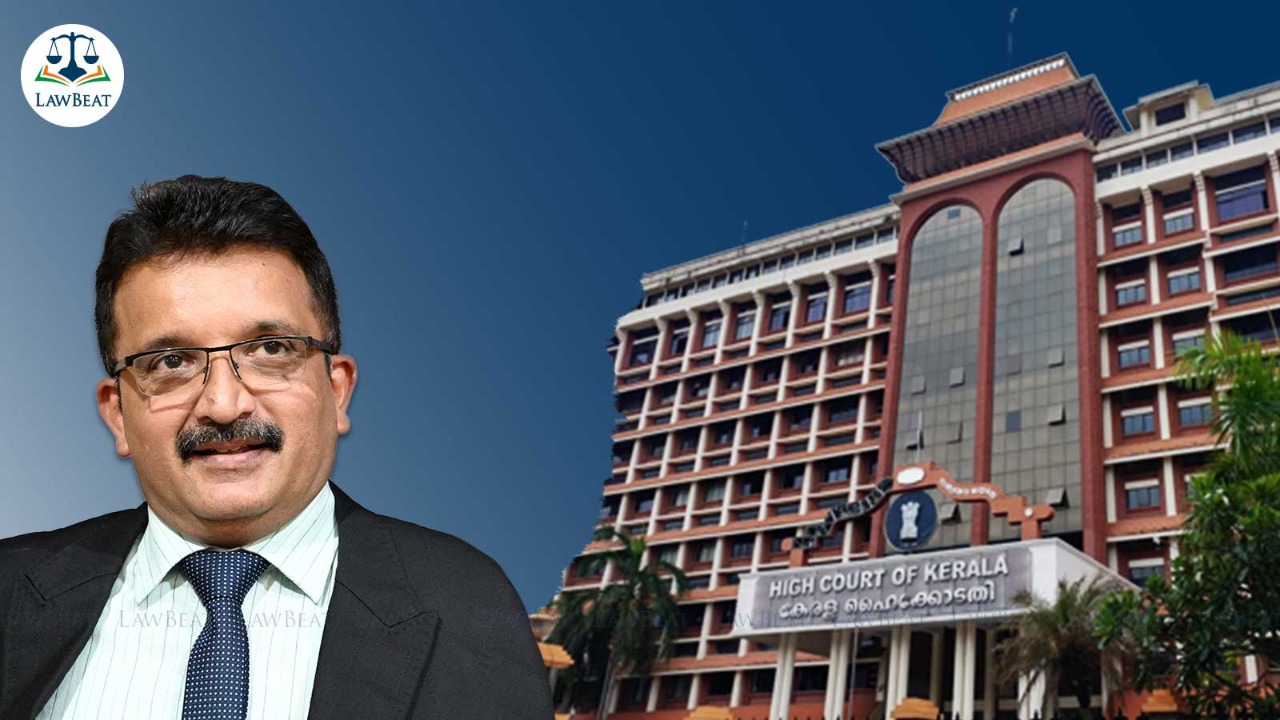Taking DNA sample of rape accused for paternity test doesn't violate his constitutional right: Kerala HC

Court held that proof of paternity of the child is a corroborative piece of evidence to establish the commission of rape and protection granted under Article 20(3) doesn't extend to protecting an accused from being compelled to give his blood sample.
The Kerala High Court recently upheld a trial court order directing a rape accused to appear before the investigating officer to give his blood sample for the purpose of a DNA profiling test.
The bench of Justice Kauser Edappagath rejected the contention raised by the counsel for the accused that the trial court's order would violate his fundamental right against self-incrimination. The judge said, "The protection guaranteed under Article 20(3) of the Constitution of India does not extend to protecting an accused from being compelled to give his blood sample during the investigation of a criminal case".
The judge clarified that the right against self-incrimination is just a prohibition on the use of physical or oral compulsion to extort testimonial evidence from a person, not an exclusion of evidence taken from his body when it may be material.
"The privilege of Article 20(3) is applicable only to testimonial evidence. Drawing DNA samples from the body of an accused in a criminal case, especially in a case involving sexual offence, will not violate his right against self-incrimination protected under Article 20(3) of the Constitution of India," Justice Edappagath stated.
In the present case, the prosecution, by invoking Section 53A of the Criminal Procedure Code, had filed an application to draw the sample of the accused to conduct the DNA test for determining the paternity of the victim's child.
In this regard, the court said, "Though S.53A refers only to the examination of the accused by a medical practitioner at the request of the police officer, in the appropriate case, the court can give a direction to the police officer to collect the blood sample of the accused and conduct DNA test for the purpose of further investigation u/s 173(8) of CrPC."
To reach its conclusion, Court also referred to the judgments of the top court in State of Bombay v. Kathi Kalu Oghad where it was held that collection of fingerprints sample for comparison and identification does not amount to a testimonial act for the purpose of Article 20(3) and in Selvi and Others v. State of Karnataka where it was held that taking and retention of DNA samples as a physical evidence, does not face constitutional hurdles in the Indian context.
In the instant matter, allegedly, the accused had raped a minor in the year 1997, who later gave birth to a girl child. Initially, a case was registered in 1997 against four persons, including the petitioner. The allegations were that the accused persons had tried to cause miscarriage. In 2007, two of the accused were acquitted. However, a case against the petitioner and the fourth accused was refiled.
During the trial, the investigating officer filed a report stating that further investigation had been initiated u/s 173(8) of CrPC and that for DNA examination, the blood sample of the petitioner had to be collected. He informed the trial court that despite notice, the petitioner had shown his unwillingness. Thereafter, the trial court, after hearing both sides, had allowed the application for DNA sampling.
Rejecting the objections raised by the counsel for the petitioner against trail court order, the single judge bench of the high court said, "It is true that in a rape case, the prosecution must prove, by positive evidence, that the accused had sex with the victim without her consent or against her will, however, it cannot be said that the proof of paternity of the child born in the alleged sexual act has no relevance in deciding the case".
"Certainly, the proof of paternity of the child is a corroborative piece of evidence to establish the commission of rape", the judge held.
Case Title: Das @ Anu v. State of Kerala
